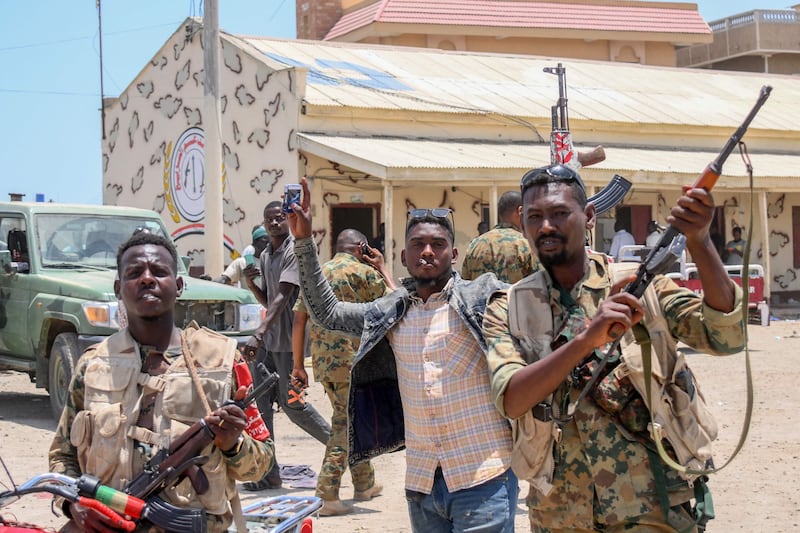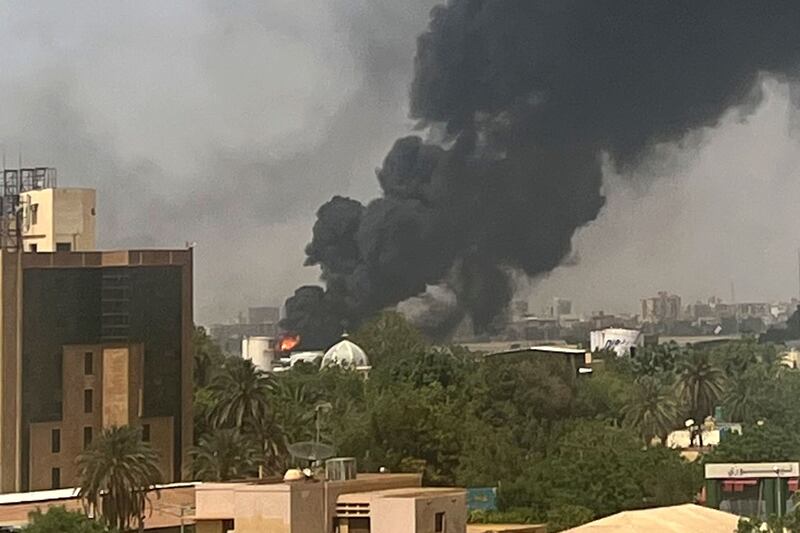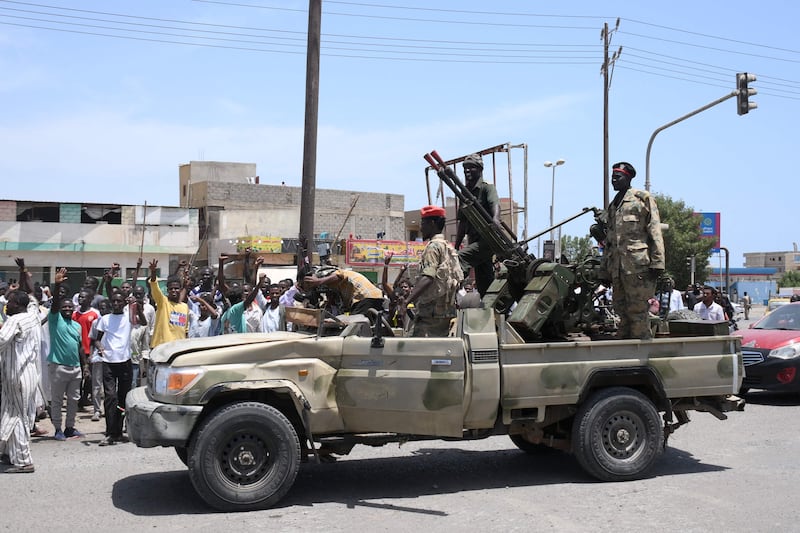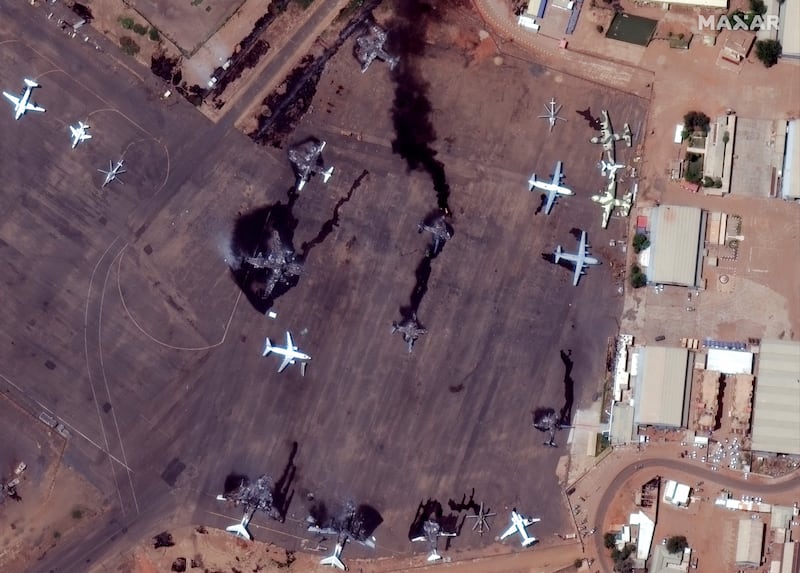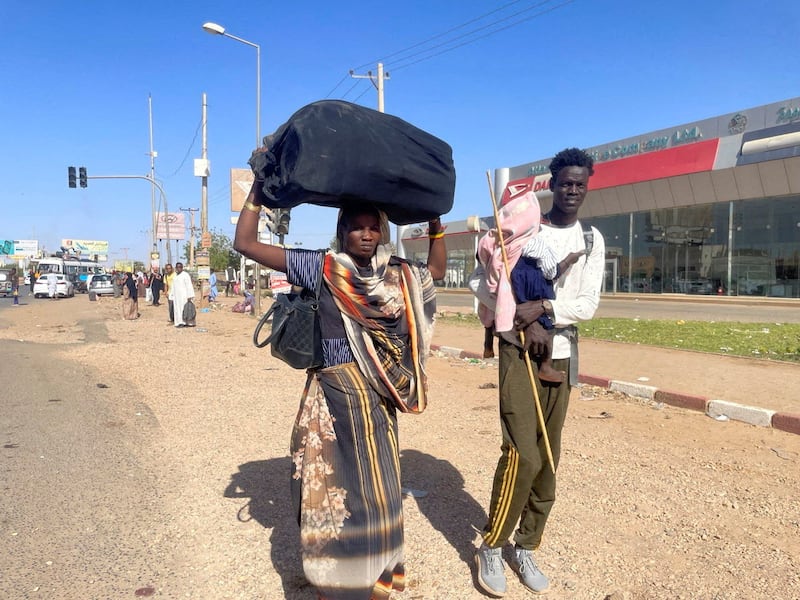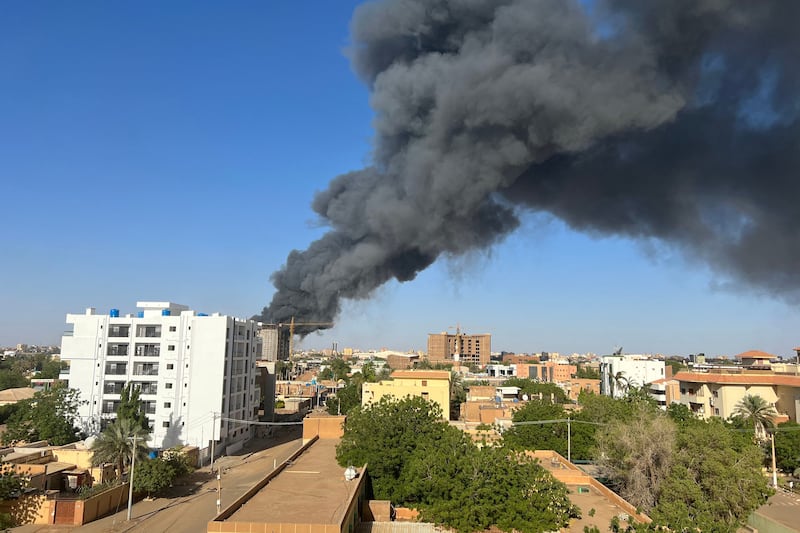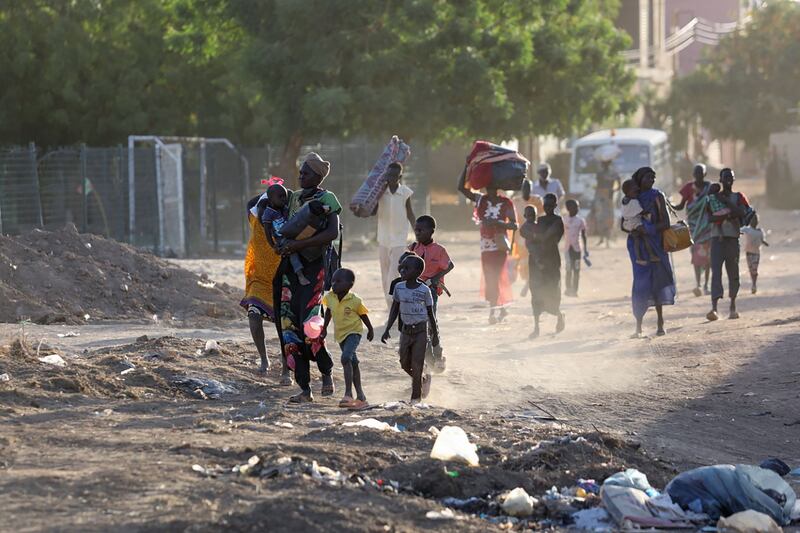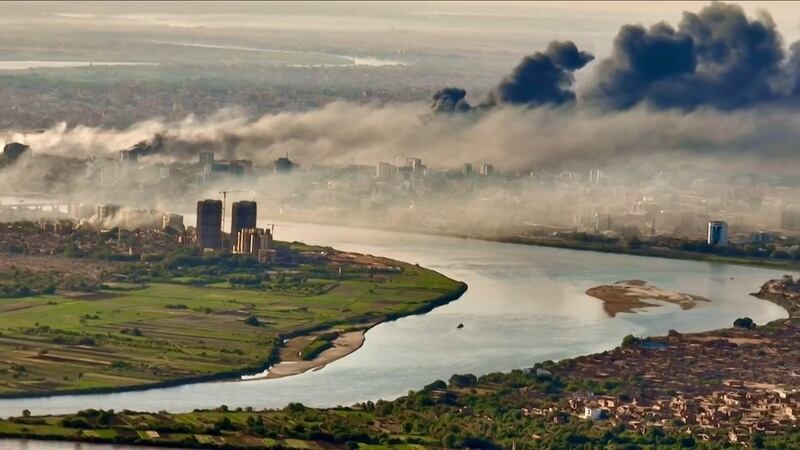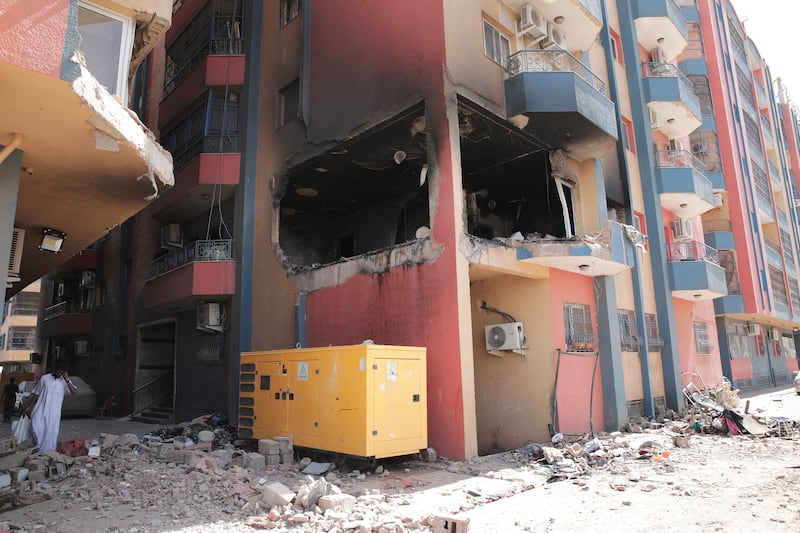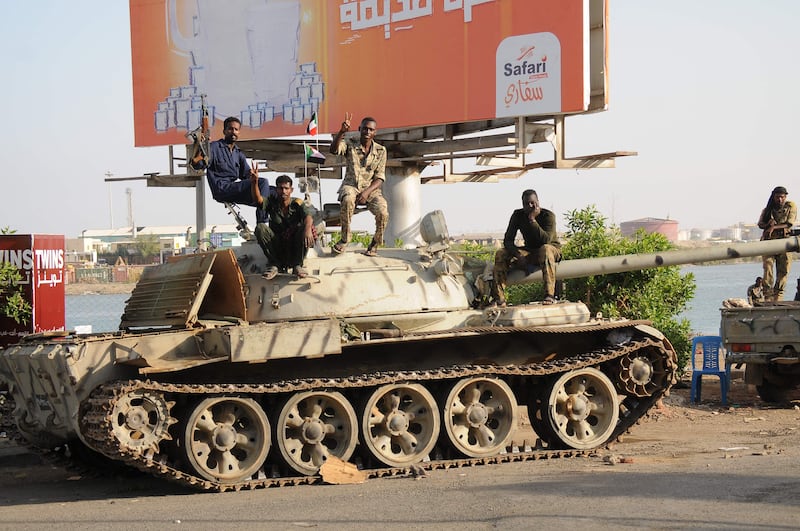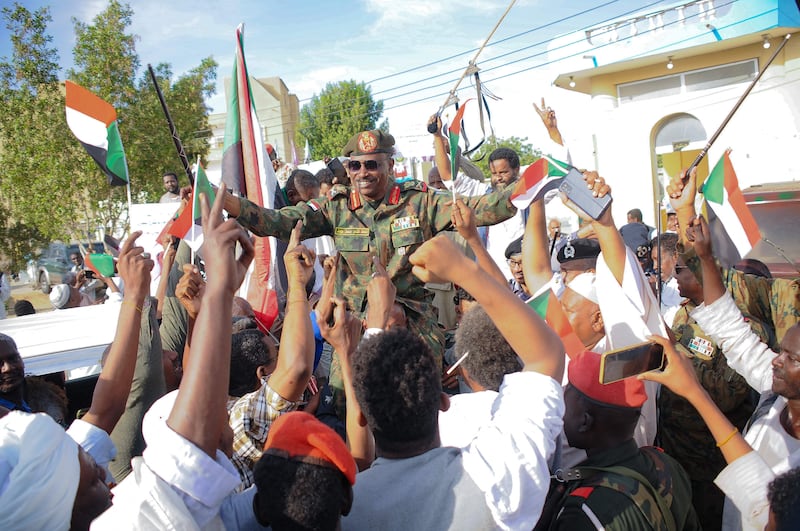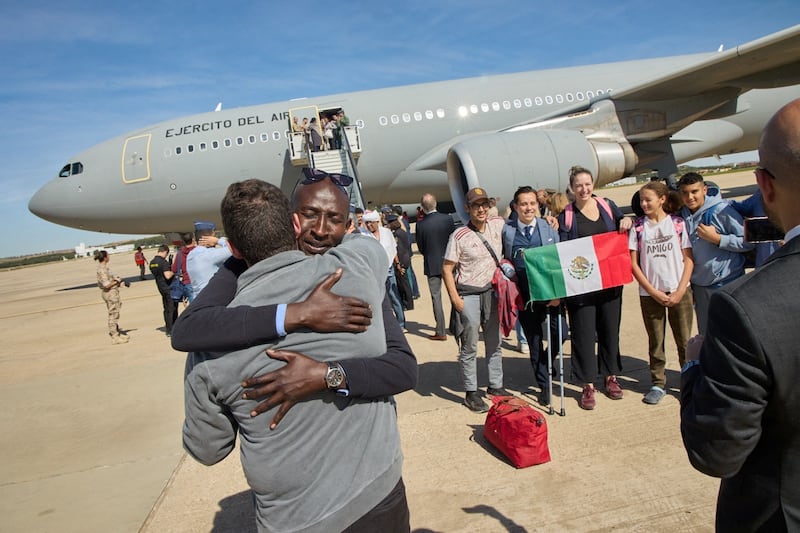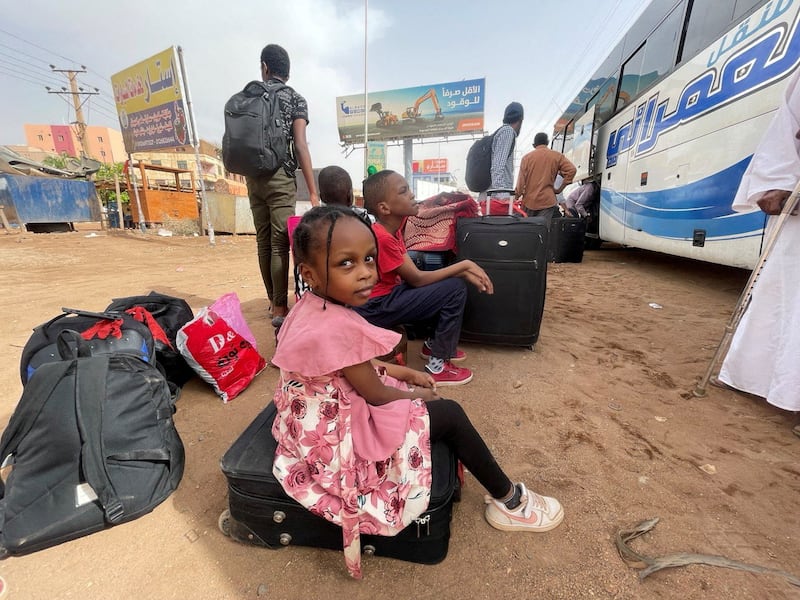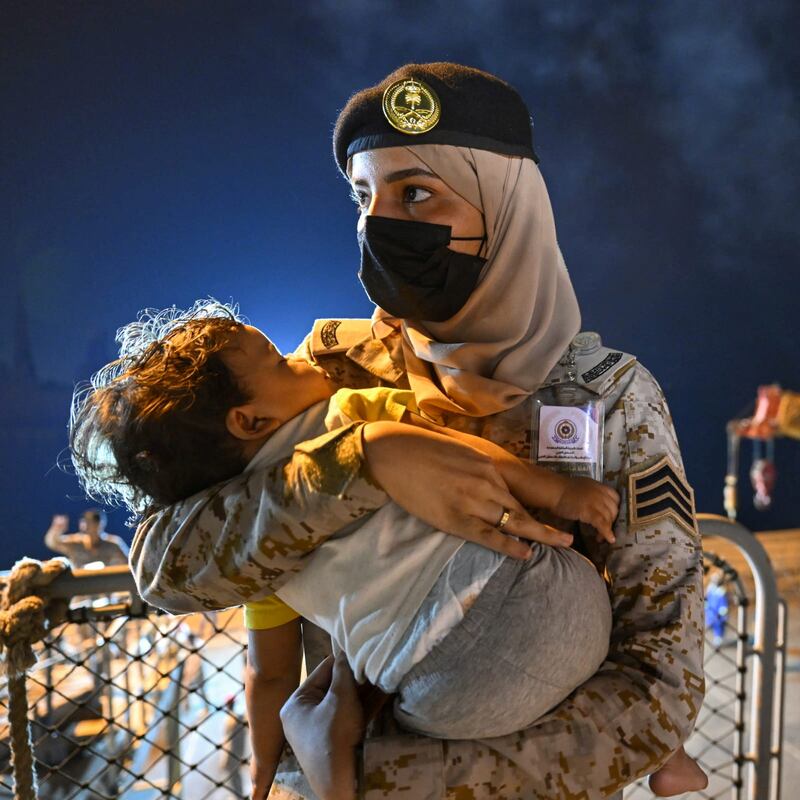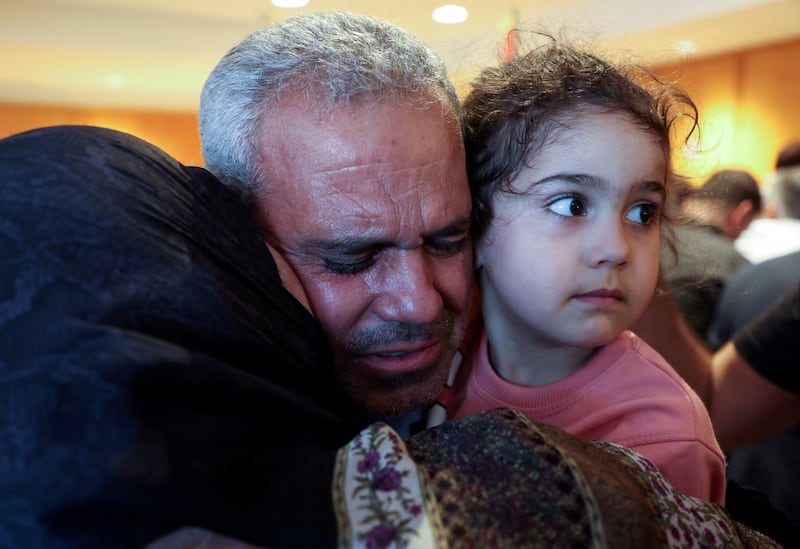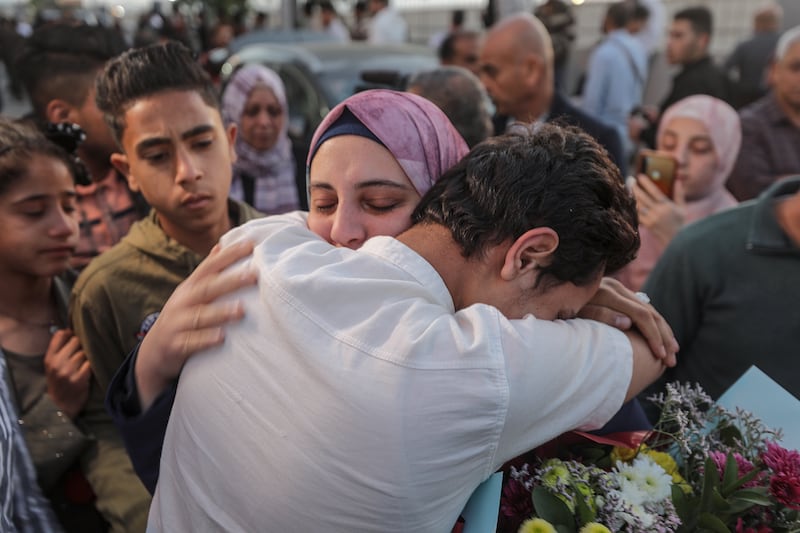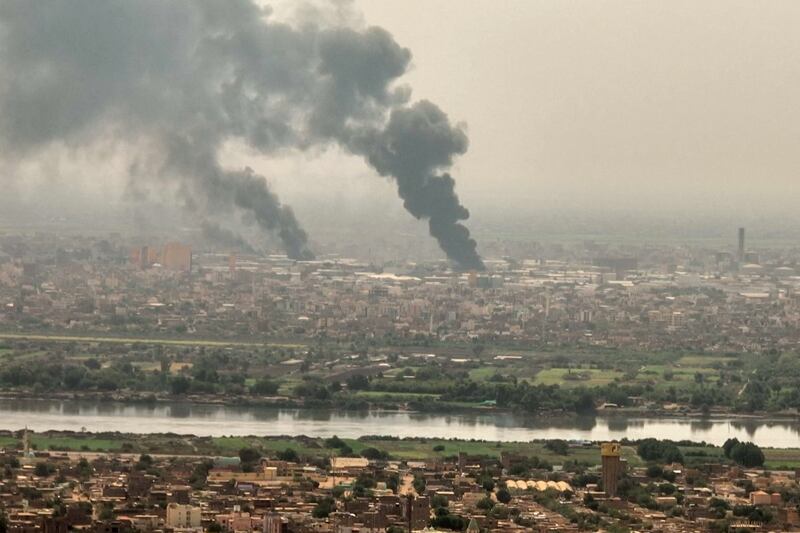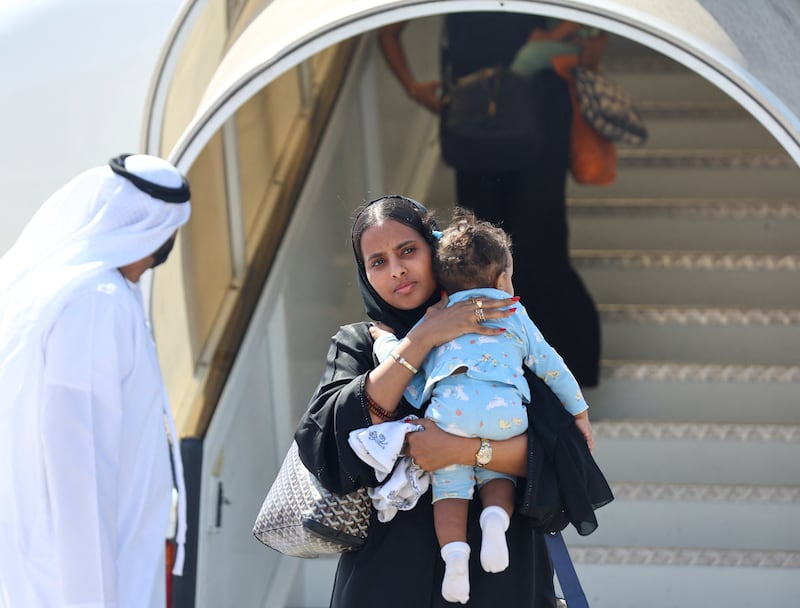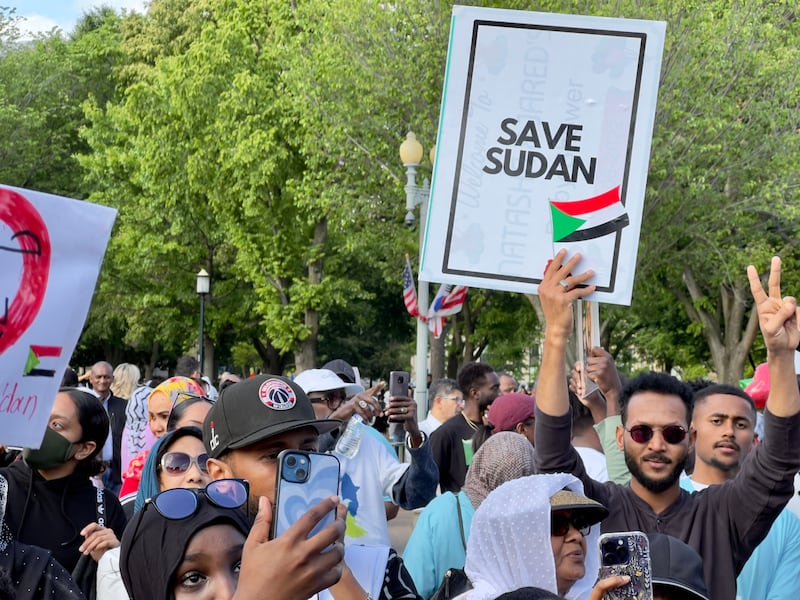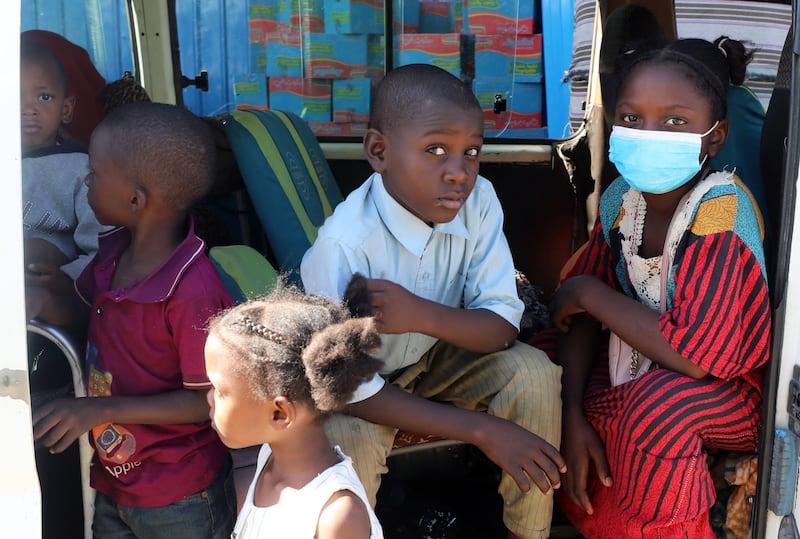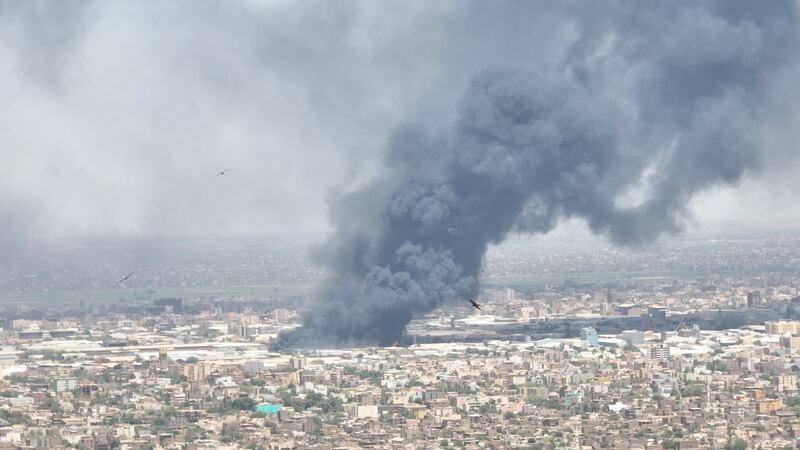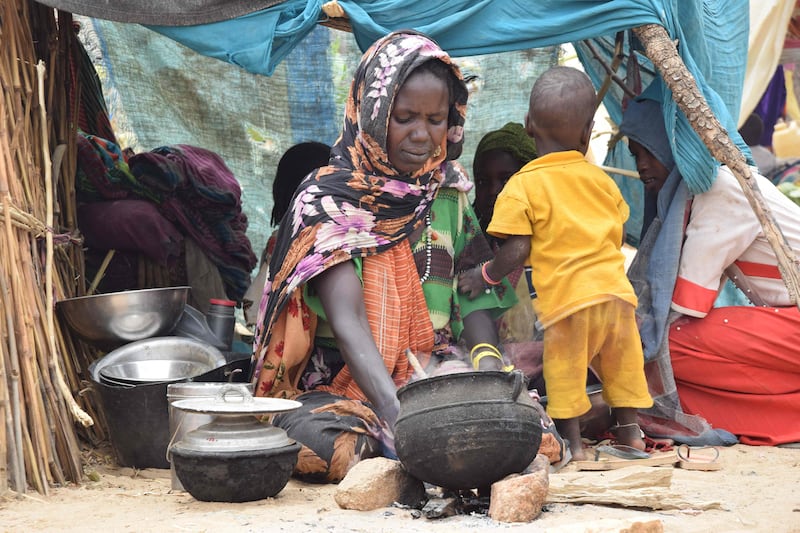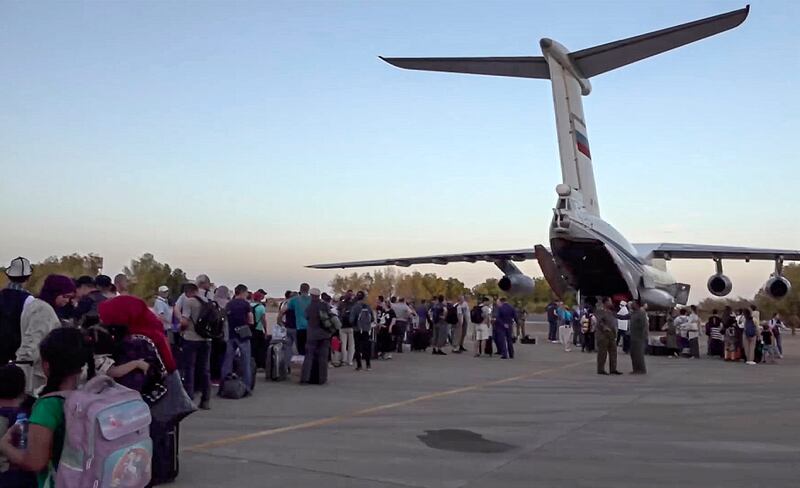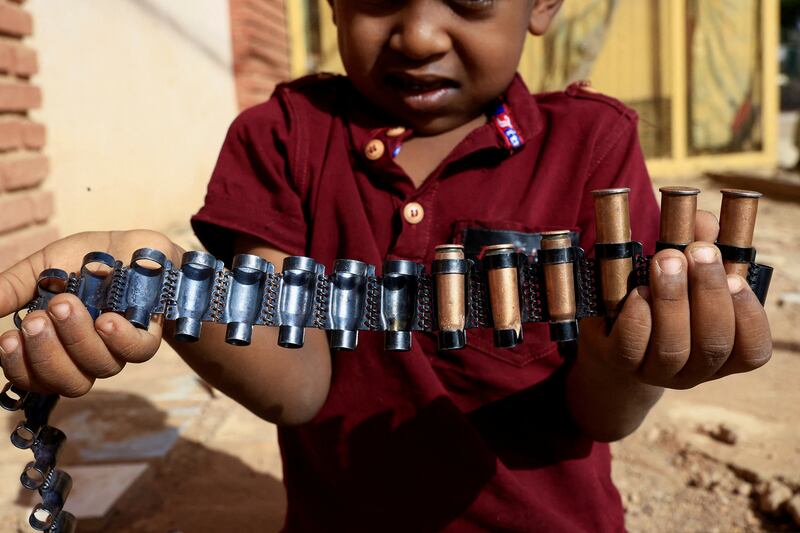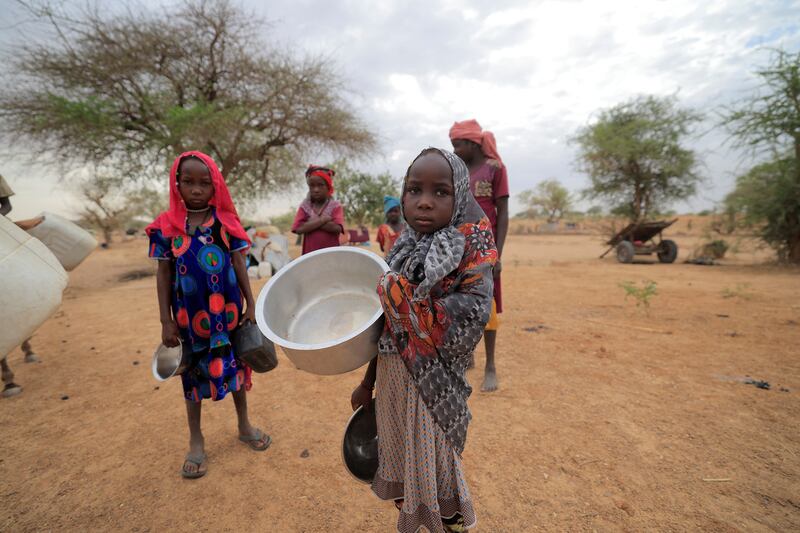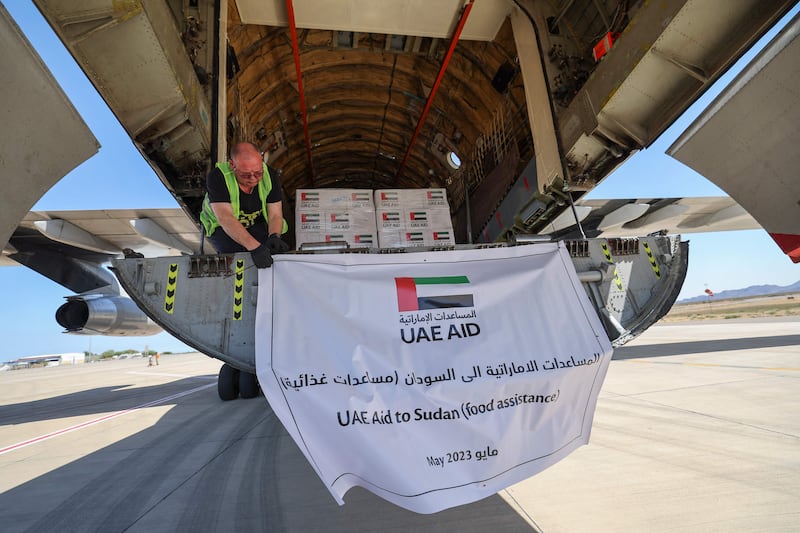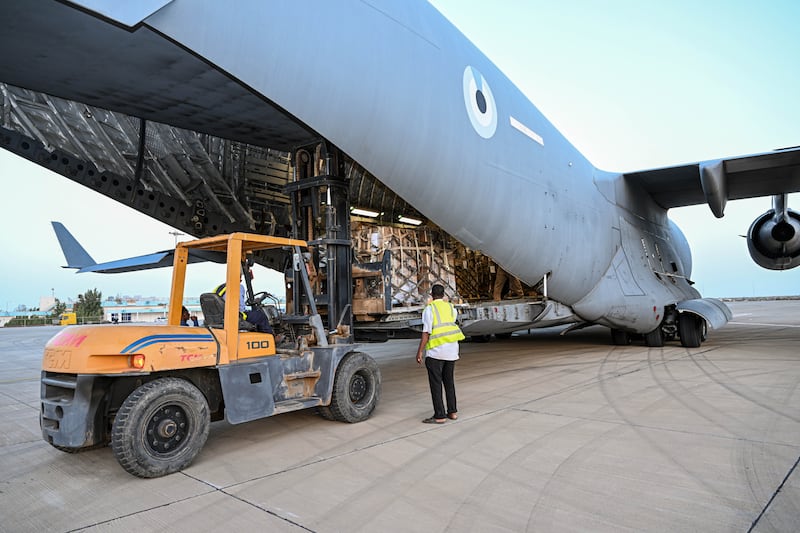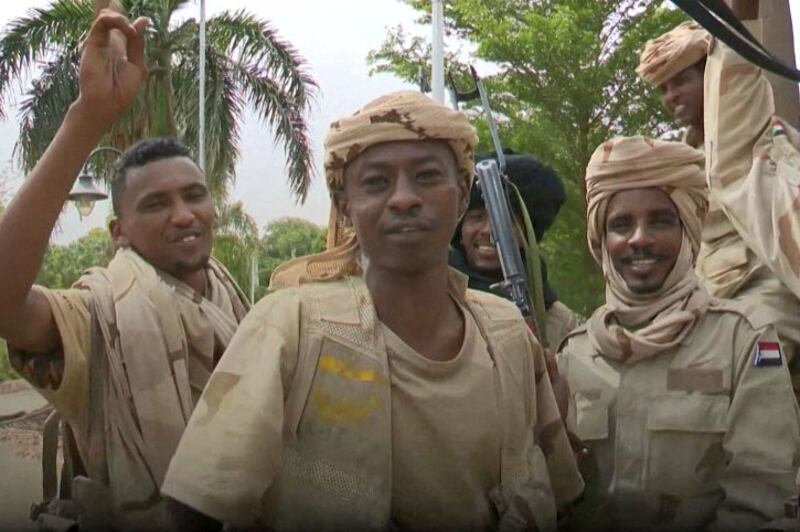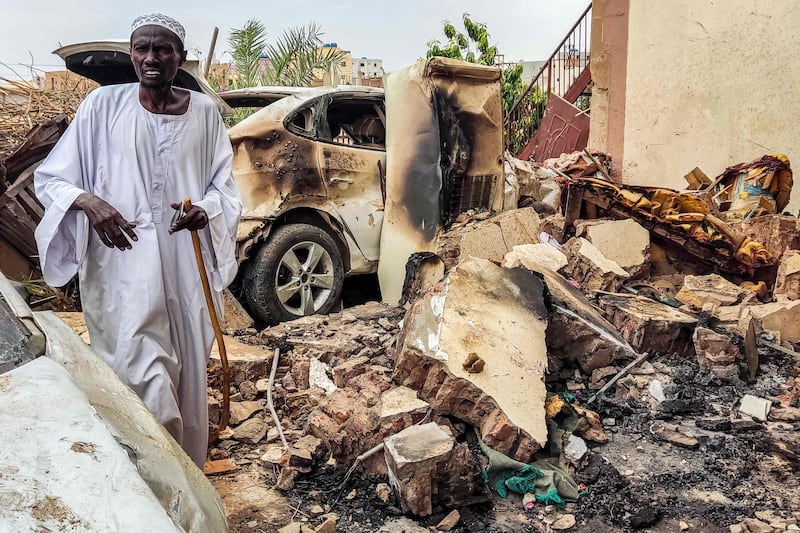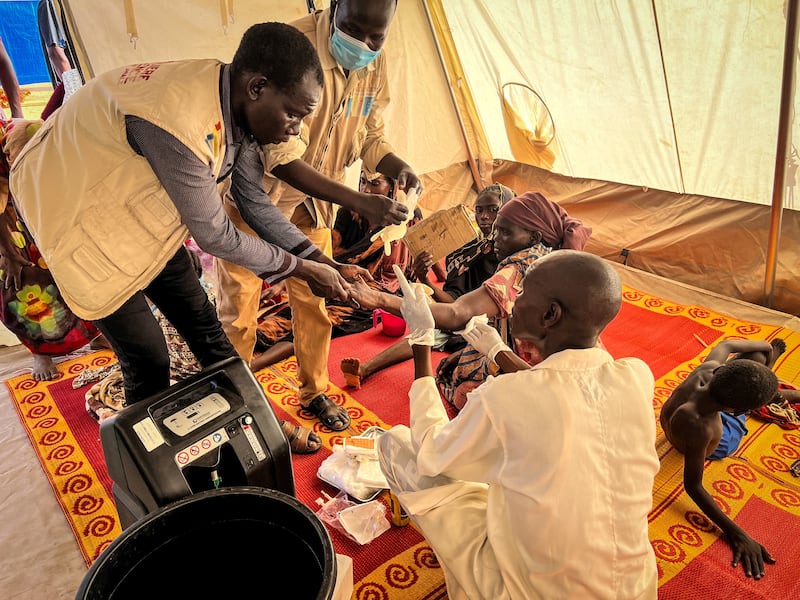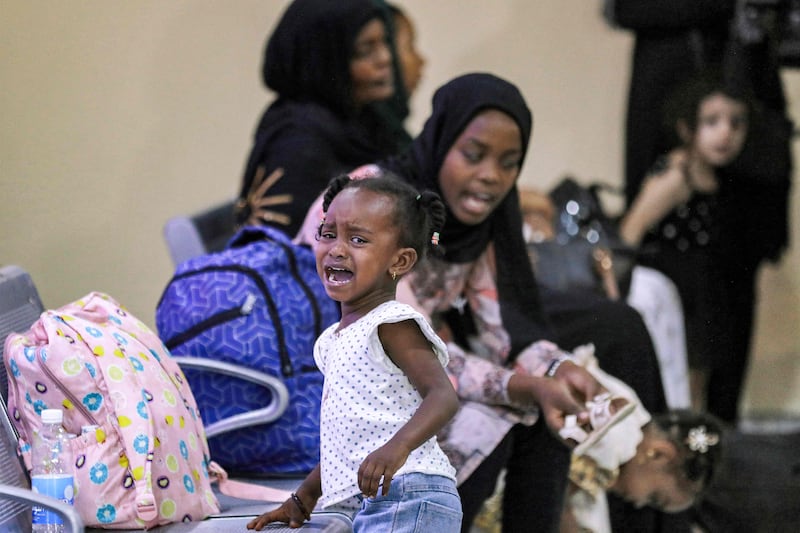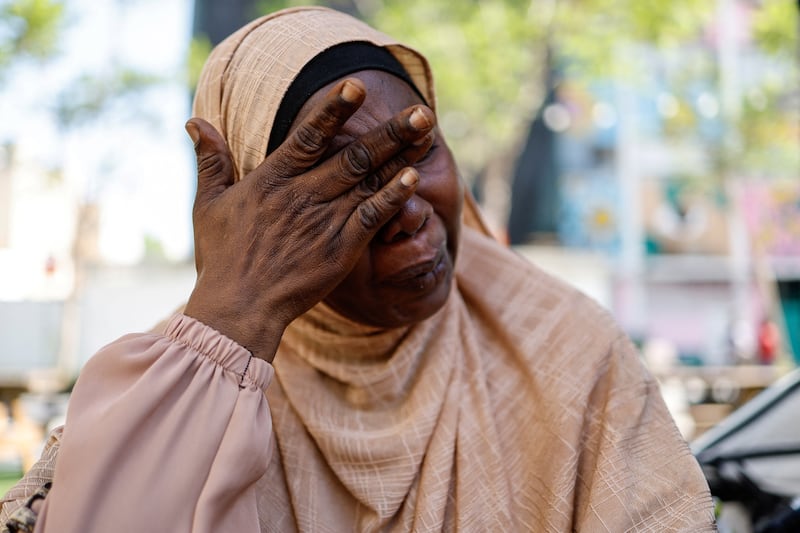Kenya's top security official has warned that the war in Sudan, which has now gone on for more than 100 days, is creating a power vacuum that may allow terrorist groups to gain a foothold in the country.
“When you have this level of fragility, there is also a huge risk of extremism and a multiplication of bands and criminal groups,” Kenya’s National Security Adviser Monica Juma told The National.
The war, which broke out on April 15, has pitted the paramilitary Rapid Support Forces – loyal to Gen Mohamed Dagalo – against the Sudanese military, led by Gen Abdel Fattah Al Burhan.
The power struggle between the rival generals ignited a conflict that has spread throughout the country.
The two sides have ignored repeated ceasefire efforts and fought to a stalemate.
Originally the conflict was confined to the capital Khartoum and neighbouring Omdurman, but it has since spread to several parts of the country, including the western region of Darfur, an area that has seen decades of violence.
“With its eruption in Darfur and the tensions we are seeing in other regions, including fighting in North Kordofan, in other areas such as Blue Nile, there is a real risk of fragmentation of Sudan,” Ms Juma said on the sidelines of the Aspen Security Forum.
And that is something regional powers hope to avoid, she said.
The East African bloc, the Intergovernmental Authority on Development, has made overtures to Gen Dagalo and Gen Al Burhan, hoping to negotiate a truce. So far, it has been unsuccessful.
The US and Saudi Arabia have also tried and failed to negotiate a lasting peace between the warring sides.
The Armed Conflict Location and Event Data Project estimates that at least 2,800 people have been killed in more than three months of fighting.
The real death toll is probably much higher, as aid agencies and monitoring groups struggle to operate in the increasingly dangerous country.
The UN’s refugee agency estimates that more than 3.7 million Sudanese have been displaced within the country and at least 800,000 people have fled to neighbouring nations, creating a strain on some states.
Ms Juma, who has held ambassadorships and high-ranking government positions, fears the conflict will have a destabilising influence on the wider region.
“Beyond Sudan, it means that it is also accentuating the fragility of its neighbourhood,” she said. “Sudan has neighbours that are fragile.
"Some of them are in conflict, like Libya, Chad, CAR [the Central African Republic] or South Sudan, so there is a huge outflow of people as refugees in these countries, stressing them further.”
But Ms Juma's biggest concern is the increasing number of non-state actors who are joining the fight.
“This portends a risk where we can begin to see networks between criminal gangs but also terror groups, particularly connecting to the Sahel groups and even as far as the eastern side of Africa and Al Shabab,” she said.
Ms Juma said the presence of outside actors could turn the war into an even more dangerous conflict that has far-reaching implications.
“This is not just a Sudan problem, it is not just a regional problem, it impacts a huge tract of Africa within the Sahel," she said.
"And when you talk about terrorism, then you begin to talk about international, transnational terror networks beyond Africa."


